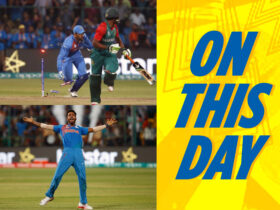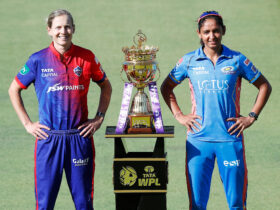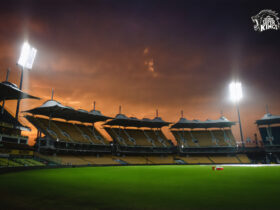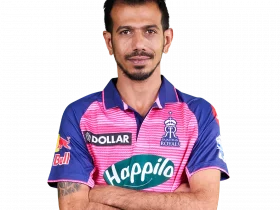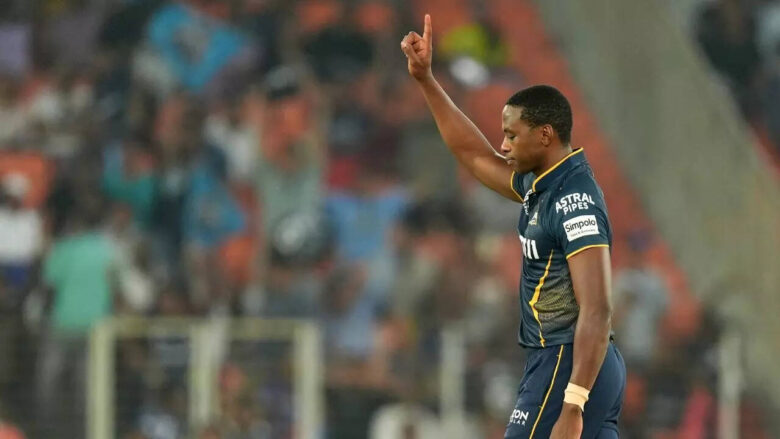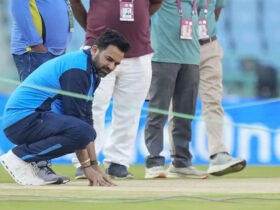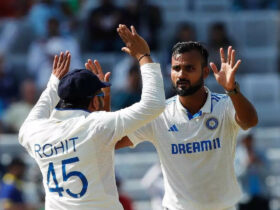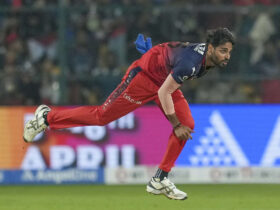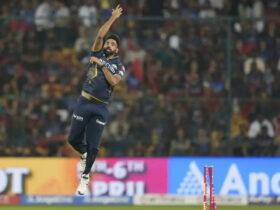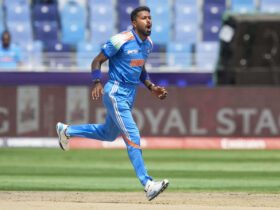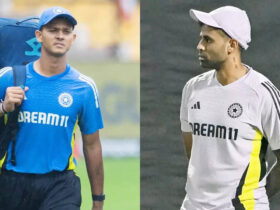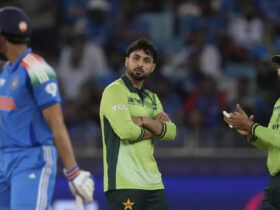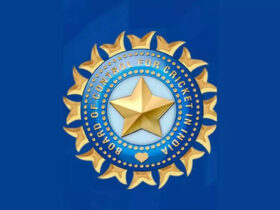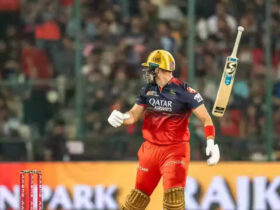Lucknow Super Giants’ Nicholas Pooran is setting the stage ablaze in the ongoing Indian Premier League (IPL) 2024. With a staggering tally of 15 sixes in just three innings, the left-handed batsman is rewriting the records at a phenomenal strike rate of 219.76. Pooran’s power-hitting prowess seems to transport fans back to the days of playing Brian Lara Cricket, a beloved video game from the 90s and early 2000s. His approach is straightforward: smack every ball out of the park.
The current IPL season has already witnessed 255 sixes in the first 13 matches, averaging 19.61 per game, compared to the 1260 sixes over 74 matches last season, averaging 17.02. With the pitch conditions favoring the batsmen, the onslaught of sixes shows no sign of slowing down.
TimesofIndia.com had the privilege of speaking with South Africa and Gujarat Titans’ fast bowler, Kagiso Rabada, about the six-fest phenomenon, the evolution of T20 cricket, and the shifting dynamics toward batsmen. The 29-year-old also touched upon his new journey with the Titans, his synergy with head coach Ashish Nehra, strategies like bowling yorkers, and the impact of recent rule changes on the game.
When asked if the variation in pitch conditions still matters in T20 cricket, Rabada expressed his concerns about the homogenization of playing conditions. ‘What’s the point of playing if the conditions are just going to be the same?’ he questioned, highlighting the risk of the game losing its essence and becoming too generic.
Discussing the trend of high-scoring games and teams frequently scoring over 250 runs, Rabada humorously suggested that if wickets become too flat, ‘you might as well not call it cricket. You could just call it batting.’ He emphasized the importance of maintaining a balance that keeps the spectators engaged and ensures the fun element of the game remains intact.
On the ban of saliva usage in cricket, a change introduced to combat the spread of germs during the global health crisis, Rabada maintained a cautious optimism. ‘Let’s wait and see,’ he stated, reflecting on the potential long-term effects on the game.
The Impact Player rule, a significant addition to the IPL’s rulebook, was deemed by Rabada as a ‘lifeline for teams,’ yet he feels it dilutes the strategic element of team selection. ‘It’s more like a lifeline. It does make things a bit interesting, but it takes away the gamesmanship of selecting a balanced team,’ he explained.
Rabada also pondered the declining frequency of bowlers using yorkers, attributing it to the high-risk, high-reward nature of the delivery. He pointed out the leveling of the playing field where ‘even a number nine or number 10 can hit a six.’ This, he believes, contributes to the fading mystery in cricket, replaced by statistical predictability.
Reflecting on his experience working with Ashish Nehra, Rabada praised the former Indian cricketer for his straightforward and effective coaching style. ‘He’s a belter. He’s such a rad person,’ Rabada said, appreciating Nehra’s simplicity and depth of cricket knowledge.
Arshdeep Singh, India’s leading wicket-taker in T20Is, has previously credited Rabada’s mentorship during their time together at Punjab Kings. Acknowledging his role as a mentor, Rabada shared the philosophy of giving back to the game what he has learned, emphasizing the educational aspect of the IPL, especially for the younger generation of cricketers.
Looking ahead to the World Test Championship (WTC) final against Australia, Rabada expressed excitement and readiness for the challenge. Despite the limited opportunities his team has had to accelerate their learning, he believes the young squad is ready to rise to the occasion. ‘This will be a huge learning experience,’ he said, eager to clinch back-to-back trophies starting with the IPL.
Kagiso Rabada’s insights into the current state and future of cricket offer a compelling perspective on the challenges and joys of the sport, as it navigates the balance between tradition and evolution.


